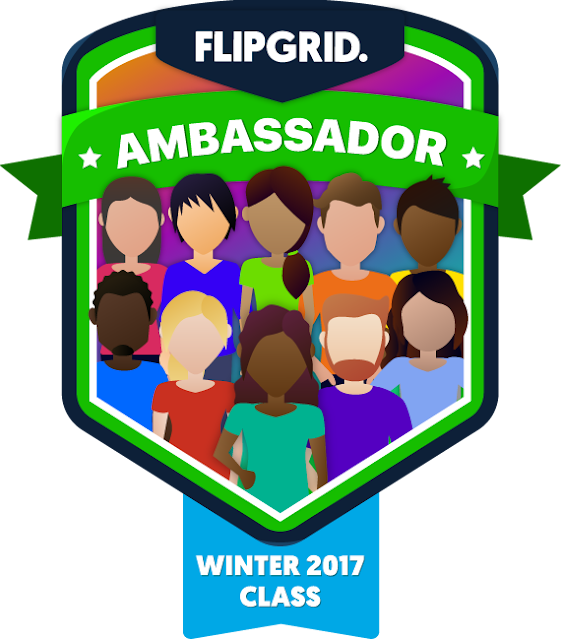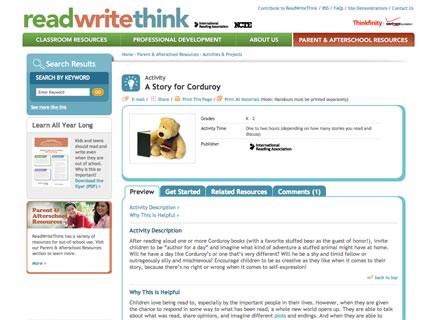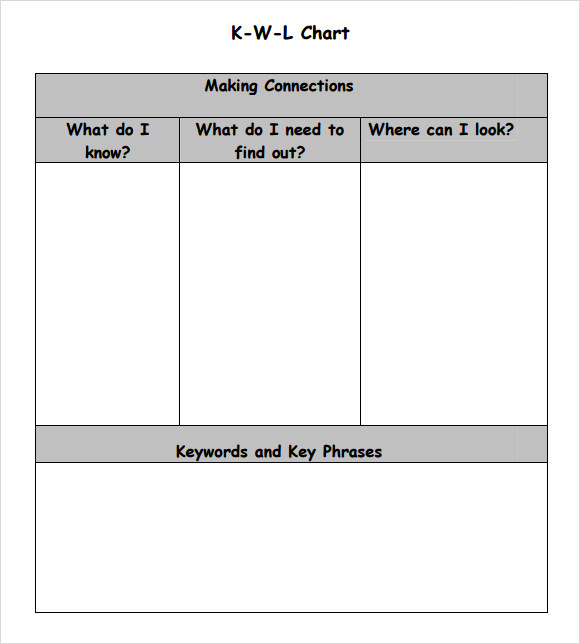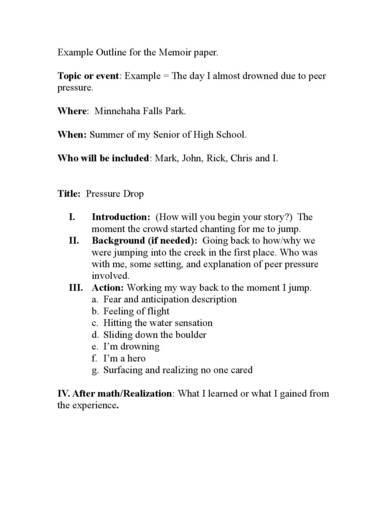
Revision is a practice that celebrates the iterative nature of learning (and writing): Look how much better I can get at this by continuing to circle back to it, making intentional changes! choosing multiple topics, organizing multiple sets of facts/details, crafting multiple endings that challenge the reader to act) as well as the iterative nature of revision within those individual pieces. In a workshop, there is both the iteration of crafting multiple pieces (i.e. How much better can a writer expect to get at crafting persuasive writing with one opportunity a year to practice those learning targets? In a writing workshop, units of study are launched with the explicit intention of writers creating multiple pieces, because, of course, it would be unrealistic to expect writers to learn and demonstrate a set of new skills with just one attempt. To be confronted with that choice of engagement again and again and to say yes. Workshop is an environment that invites (and ultimately teaches) learners to try again. An understanding I could not have articulated as clearly as he did. Sit with that for just a minute, and you’ll be where I’ve been percolating this last little while.Ĭornelius put words to a deep understanding for me. If that moment between failed attempt #1 and the initiation of attempt #2 is a speech bubble over a learner’s head, it is what is written in that speech bubble that defines engagement.Ĭornelius then asked a critical question (paraphrased): How do I fill my classroom with the emotional energy, social energy, and intellectual energy that learners need to be able to make the decision to try again (and again and again)? (How beautiful is that?! Simple, clear, and exactly right.) and to have the emotional, intellectual, and social tools to try again.” Cornelius Minor “Engagement is the ability to do a difficult thing in public and fail. “This is when a student decides whether or not they will try again.” Engagement is what differentiates the learner choosing to continue to try from the learner giving up. With that framing in mind, engagement, according to Cornelius, is that moment immediately following a learner’s first attempt/failure and their second attempt. “Expecting a kid to get it on the first try is unreasonable and inhumane.” Cornelius Minor why would anyone expect learners to be successful on their first try? It is that mistaken expectation that is the problem, not the learner.
#READWRITE THINK HOW TO#
If a learner is successful on their first try, it means that they already knew how to do it it was not a new skill/process. We learn through repeated attempts, through the refinements we make to our understanding and process(es) as we reflect and try again (and again). The first time a learner attempts something new, we should expect that learner to fail. Here’s a paraphrase of the line of thinking from Cornelius: I may have stopped breathing as my brain short circuited in response. He defined engagement in a way that is both conceptual and oh, so precise. Lessons are aligned to the IRA/NCTE Standards for the English Language Arts.I had the opportunity to hear Cornelius Minor speak at the CCIRA Conference earlier in February, and I cannot stop thinking about it.

Links to sites offering further information and resources are kept up‐to‐date. Resource links are provided in the body of the lesson, as well as in a sidebar accompanying the lesson. Lessons include many online activities and resources that can be accessed easily to save teachers from spending time in looking for necessary materials.

Lessons are offered in a level of detail that far surpasses the lesson plans provided at most other educational sites. Lessons are linked to other lessons in the collection with related objectives, activities, or themes, to help teachers develop focused units of study. Lessons are carefully screened and edited to save teachers from wasting time with poorly prepared materials. To address these concerns the authors of this Technology in Literacy column introduce The International Reading Association (IRA), the National Council of Teachers of English (NCTE), and a consortium of other organizations developed the site, which provides lessons in reading and writing, as well as many other interactive features that provide unique supports for teachers: Lessons are written and reviewed by literacy educators.


While it is easy to find lesson plans on the Internet, the quality of plans and the formats in which they are written vary considerably, and the process of sifting through the chaff in order to find the wheat can be time‐consuming and discouraging. Exploring a Literacy Website That Works: Exploring a Literacy Website That Works:


 0 kommentar(er)
0 kommentar(er)
